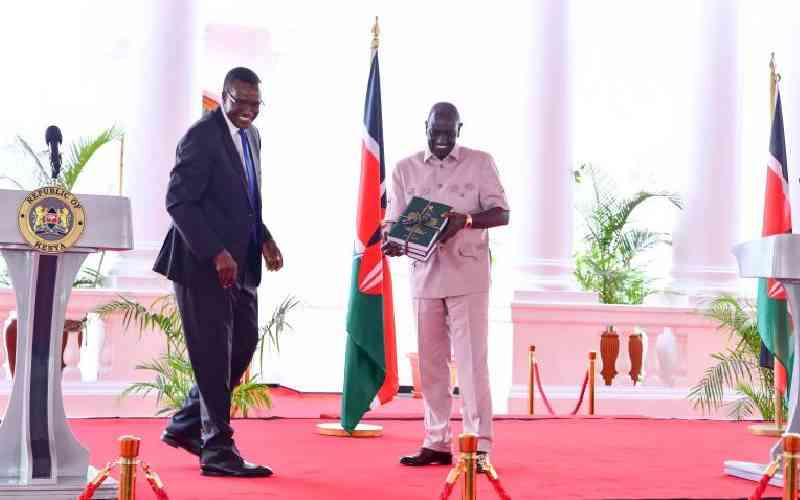×
The Standard e-Paper
Kenya’s Boldest Voice

The National Police Service Commission (NPSC) has called for a meeting on Tuesday, next week after Justice David Maraga led taskforce indicted them in a report presented to the President last Thursday.
The meeting, which was aborted on Tuesday after some commissioners failed to turn up, is supposed to pore through the recommendations some of which say they ought to step aside.